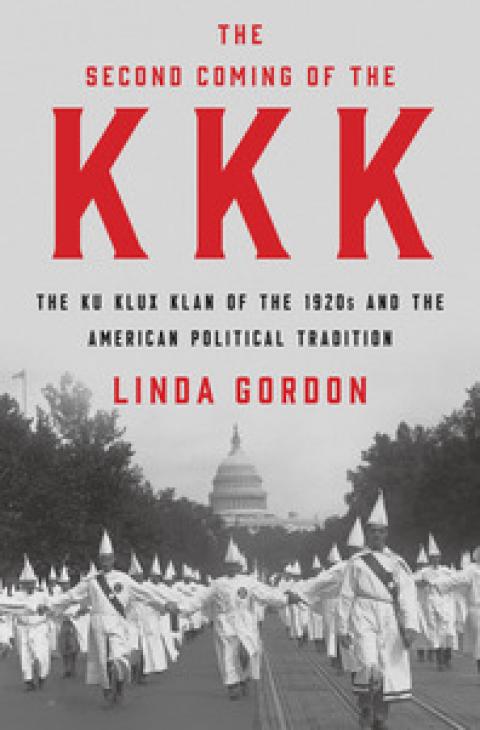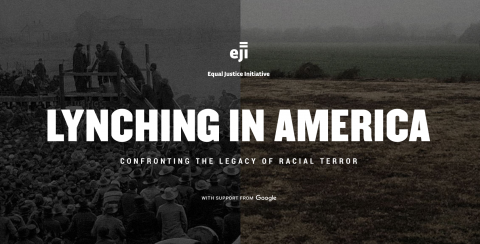The Long Arc of Protest
The American Prospect

Successful social movements rarely travel along a linear route toward victory, or a fast one. Even with new digital media, organizing for change requires all the old virtues.










Spread the word